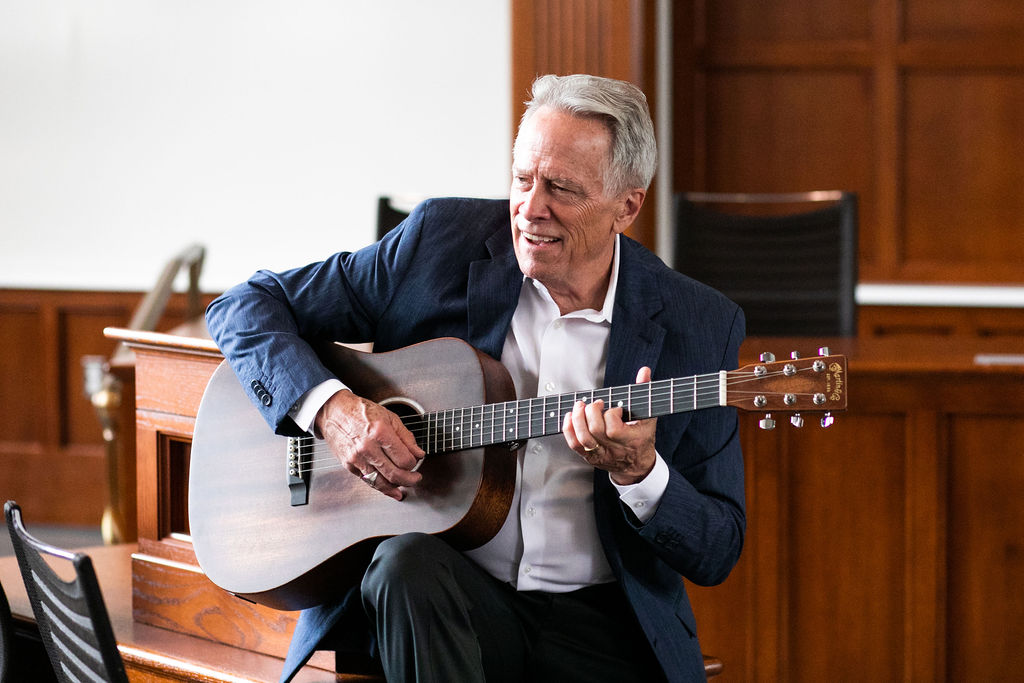Happiness releases passion, and passion creates energy. Leadership is a contact sport. Leadership is personal. Leadership is full time and full service. It takes energy, and ‘happiness’ (perceived abundance and contentment) is the fuel we’ve been looking for.
Current thought seems to suggest that all of us should be able to find happiness and its resultant passion somewhere in our work. Conventional wisdom seems to be that if you aren’t satisfied with your labors, and many are not, then you should tap into what you already love and do that for a living. No problem, right? Just do what you love, do what you are passionate about, and all is well (especially in this era that prescribes ‘entrepreneurial’ for anything that ails you). Perhaps not. Stories abound of those who dream of running their own restaurant because they love to cook, those who start a landscaping business because they love to garden. How do you think it works out for them? Usually it doesn’t. That is the passion paradox, the belief that the only route to job satisfaction and its many benefits lies within finding the job that will make you happy.
But research tells us that passion is not within the work. The satisfaction isn’t within the job. It comes from within you. The top situational contingency in job satisfaction is a personal trait known as “core self-evaluation.” The most important personal trait for predicting job satisfaction and the passion it brings to the work is simply core self-evaluation. In other words, the primary driver of satisfaction on the job is our satisfaction with us. It’s not a case of looking to the work to make us happy or give us energy. Success and satisfaction at work lie within harnessing the energy we’re capable of generating and maintaining and directing it toward our work. Here are a few more items that caught my attention in researching this topic:
– Manufactured happiness can be just as powerful as natural happiness. This means that consciously working toward being positive, happy, or satisfied can affect you just as deeply as something positive happening to you.
– Organic happiness, or happiness that takes us by surprise, has roughly a 90-day shelf life. There are very few things that happen to us externally that please us for longer than three months.
– Frequency trumps intensity. More frequent, less intense positive experiences have a much stronger, much longer-lasting effect on you and your spirit than a rare but very powerful single event.
So where do you go from here? Happiness brings energy and passion, and we add that to our work, not the other way around. Let’s again go to scientific method to find out what happy, passionate people have in common. Among those that consistently score high on core self-evaluation and job satisfaction, the common denominators are ritual, interaction, service, and health. These are the variables of passion, the building blocks of energy at work or at play. Ritual, interaction, service, health. The inclusion and protection of these in your life will give you the best possible shot at having the energy you need to lead others, the passion you can then bring to making every moment count.

